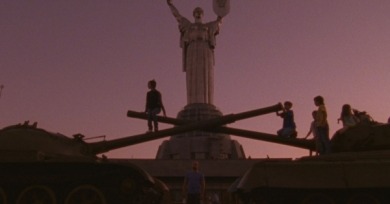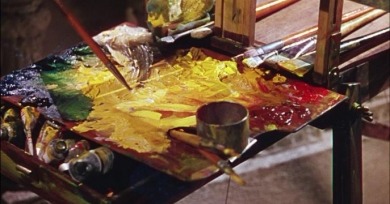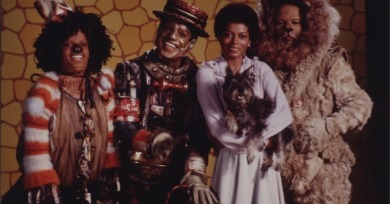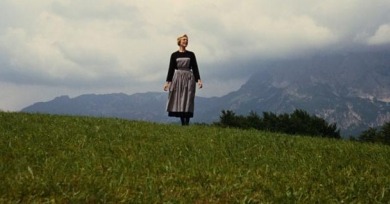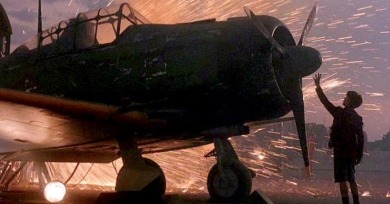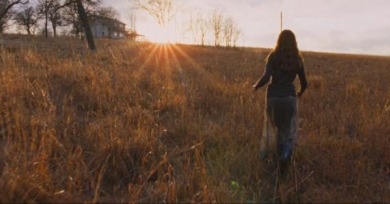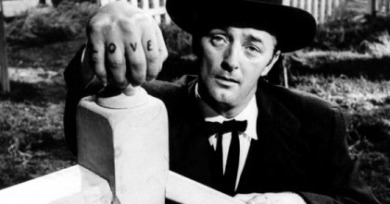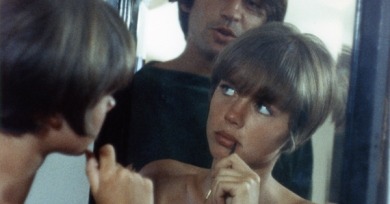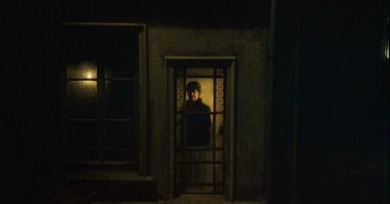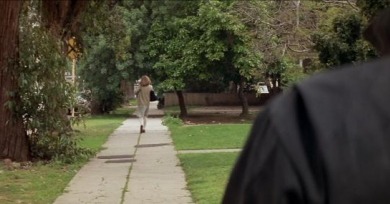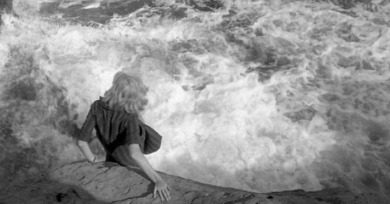Features
The True/False Film Fest, the little doc survey that takes place in Columbia, Missouri, every late winter, is among the best programs on the continent.
With Vincente Minnelli, the idea of cinema as painting is not merely a description but a totalizing force and a thematic preoccupation.
Scorsese and Lumet, making the first and only movie musicals of their respective careers, would use the genre as a lens through which to present lively, fantastical, and critical takes on the city both men called home.
For those weaned on the cropped and cluttered television version of The Sound of Music, the widescreen view on film, in its full form, is like a breeze of crisp Alpine air.
Spielberg’s most naturalistic, emotionally penetrating work was made in the 1980s with cinematographer Allen Daviau, who shoots with a devotional warmth rarely seen in films as scrupulously designed as Spielberg’s.
Years in Review
Biggest Critical Head-Slapper, Worst Opening/Closing Scene, Worst Font, Most Defensive Director, Biggest Favor to Critics, Best Supporting Actress, Best Bad Sex, and much more
Years in Review
Dallas Buyers Club, Only God Forgives, American Hustle, Touchy Feely, This Is the End, The Counselor, Star Trek Into Darkness, At Any Price, The Way Way Back, The Family, Admission
Years in Review
To the Wonder, Before Midnight, Inside Llewyn Davis, Museum Hours, Like Someone in Love, Frances Ha, Post tenebras lux, Viola, Beyond the Hills, The Act of Killing
Stanley Cortez’s cinematography is the glow of unbalance and neurosis, of fissures widening across psyches.
The four films that Eric Rohmer made with cinematographer Nestor Almendros between 1967 and 1972 are the major works of the director’s Six Moral Tales.
A Few Great Pumpkins
The Tenant; Burn, Witch, Burn; Tourist Trap; Trilogy of Terror; Ganja and Hess; Dead of Night; The Blair Witch Project
Magic Mushroom Mountain Movie, Around the World (aka Speedy Speedy California Sky), Liahona, The Invisible World, Movement in Squares, Figure-Ground, murmurations, Falling Notes Unleaving, Ten Notes on a Summer Day
Reinstating Halloween from the nation’s living rooms to the big screen where it really belongs, gives audiences a clearer look at what makes a consummate frightener.
Coming to Michelangelo Antonioni’s L’avventura today means having to strip away a great many preconceptions.
